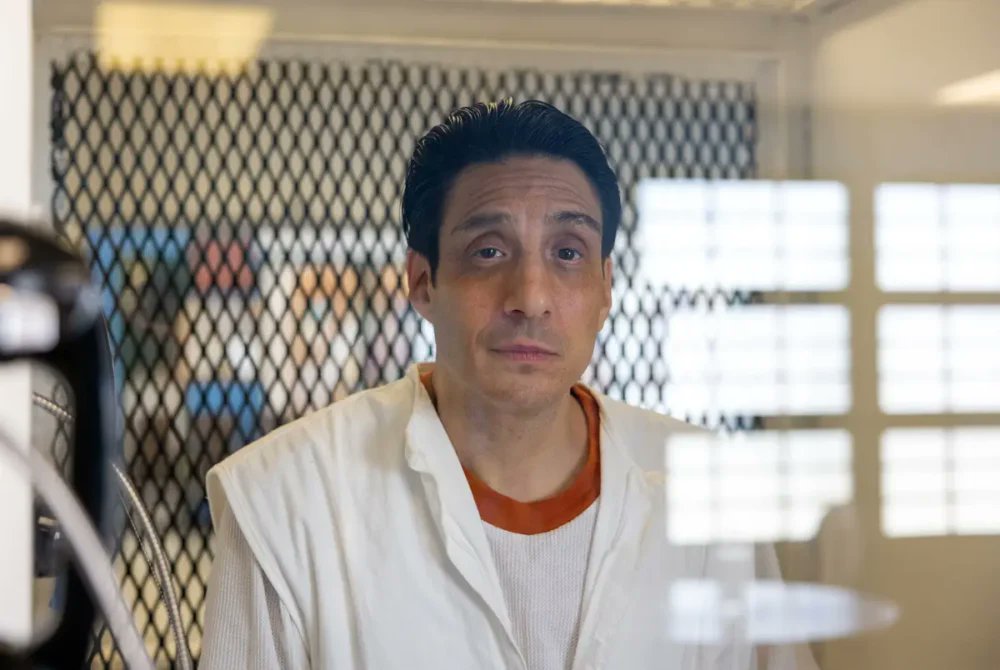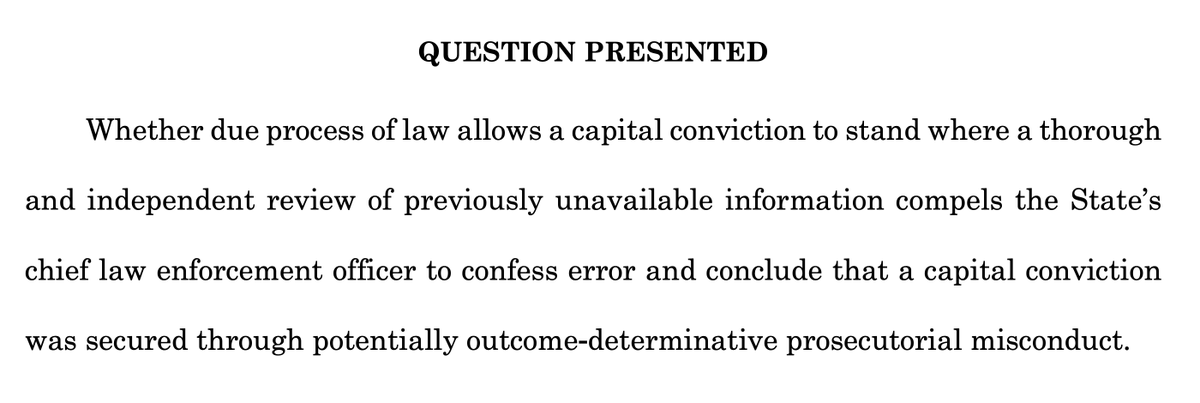Farewell Julia Reed.
In Julia Reed’s passing on August 28, 2020, we lost a force of nature, and I lost a friend, though to look at us and our different life styles, you couldn’t have two more different human beings.
In Julia Reed’s passing on August 28, 2020, we lost a force of nature, and I lost a friend, though to look at us and our different life styles, you couldn’t have two more different human beings.

She, hosting lavish drinking and dining parties for wealthy friends and as an accomplished journalist, on a regular basis producing laser-insightful, wickedly funny articles about Southern culture, including corrupt yet charming Southern politicians…and me, a Catholic nun.
Nor was she exactly keen to meet me or read the pre-publication manuscript of Dead Man Walking proffered her by my editor at Random House, Jason Epstein.
When she heard NUN, Julia said “All my red flags went up. I expected someone skinny and pale and hopelessly earnest, and then I met this powerhouse of a woman, who laughs all the time, unless she is talking serious business, in which case she is…unstintingly direct.”
In February 1993 Julia walked into Epstein’s office, and, after some persuasion, grumpily accepted the bulky Dead Man Walking manuscript to read on a series of flights across the country.
“I thought I believed in the death penalty, but I read the manuscript anyway – trailing pages through airports – and by the time I’d reached my destination, the convictions of a lifetime had been overturned,” she wrote in “Witness at the Execution.” maryellenmark.com/text/magazines…
Actually, Julia told me she cried as she finished Dead Man Walking, but I guess it was her professional “objectivity” that led her to excise personal emotions from an article that was already, to put it mildly, pushing controversial edges for a mostly fashion and style magazine.
In “Witness at the Execution” Julia describes everything she sees and hears and comes to understand as she joins me outside the gates of Angola Prison to protest the execution of a mentally impaired man, Robert Sawyer.
Julia was “all in” as she descended into this highly charged moral issue that she had never before closely examined, right at my side, accompanying me to both poles of the issue: publicly protesting government killing and visiting the homes of grieving victims’ families.
Over the last few days I’ve been reading everything about Julia I can get my hands on. One of the best is the historian Jon Meacham’s tribute in the magazine (would you believe – this is so Mississippian Julia) GARDEN & GUN. gardenandgun.com/articles/in-me….
I leave you with one memorable Meacham line, trying his best to capture Julia’s larger-than-life-ness: “Julia knew how to down a Hurricane. She was a hurricane.”
• • •
Missing some Tweet in this thread? You can try to
force a refresh









